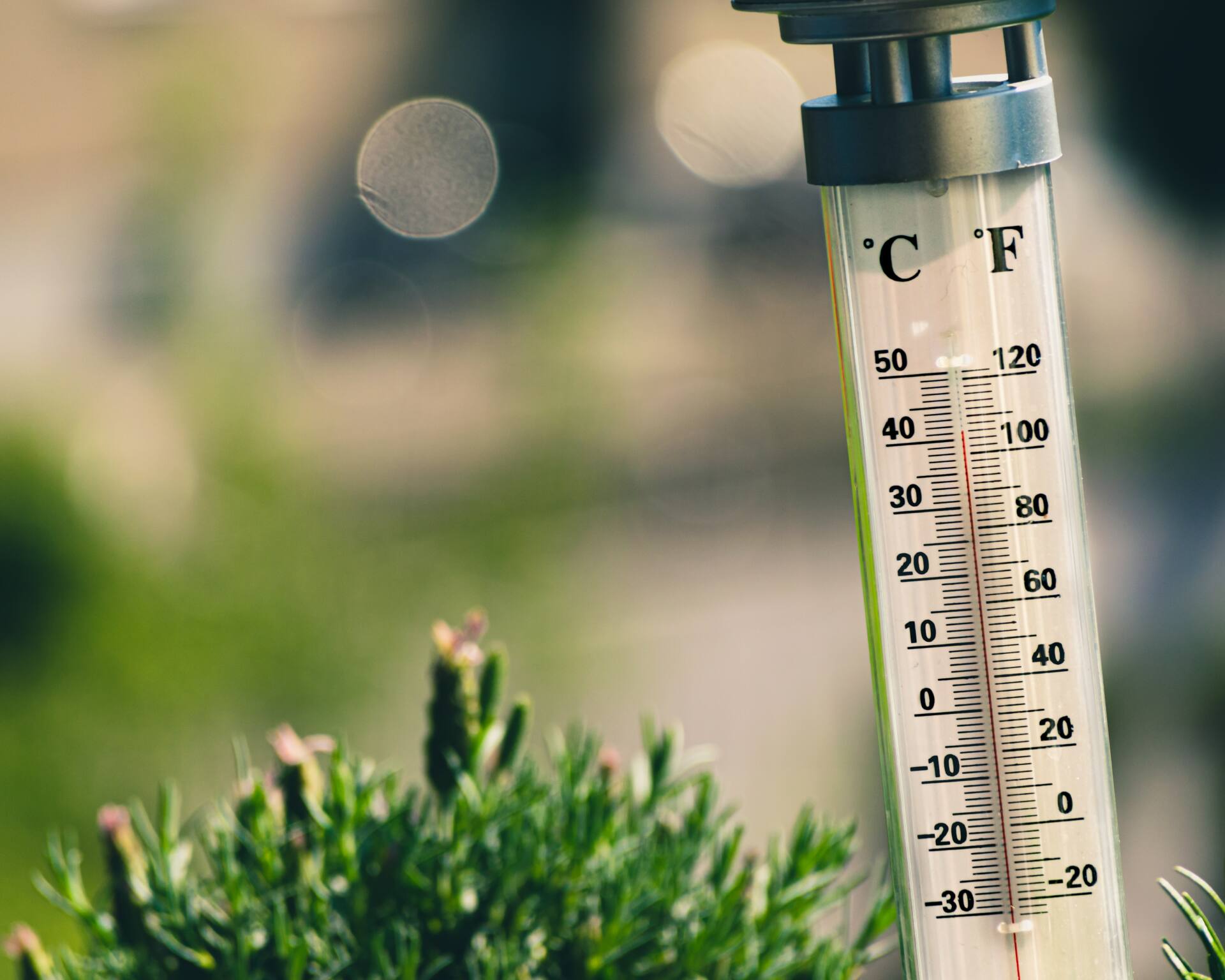How Seasonal Change Can Change Your Skin
- skin-conditions
- skincare-tips
From sun to snow and cold to hot, there are plenty of signals for seasonal change. However, the weather report isn’t the only place to find evidence of this shift. We also wear its signs directly on our skin. At Charleston Dermatology, our board-certified dermatologists are always here to help South Carolina skincare patients identify and overcome their skin challenges no matter the season.
Why does your skin change with the weather?
Like many of us in the Lowcountry, our skin prefers moderate temperatures to more weather extremes. Our skin thrives on consistency, so when temperatures shift with the seasons, it can disrupt our skin barrier and shock our systems. The results are often clear to see.
Hot to Cold Weather
As autumn leaves fall, temperatures begin to drop. Our skin is among the first to notice. Unlike sunny summer days, winter’s cold weather is much drier. This, accompanied by exposure to indoor heating and hot showers, can wreak havoc on our skin.
With less moisture in the air, our skin cannot keep up with proper hydration, which can lead to a range of dermatological issues, including inflammation, dryness, and flakey or cracked skin. You may also find yourself breaking out more often. This is due to clogged pores blocked by excess dry skin or sebum production.
To combat the effects caused by colder seasons, individuals with dry skin should work heavy moisturizers into their skincare routine. Those with oily skin should opt for light moisturizers. All skin types should avoid hot showers and instead opt for lukewarm water.
Cold to Hot Weather
And as soon as you’ve worked out your cold-weather skincare routine, it’s time to prepare for warmer weather. The rising temperatures of spring and summer are accompanied by increased humidity. South Carolina residents are no strangers to these effects.
Due to the air’s increased humidity, skin often becomes oiler. This oil, combined with increased sweat and sebum production, creates the perfect dermatological storm for clogging pores and increasing your chance of an acne breakout. Warmer weather also means more time spent outdoors, which can lead to changes in pigmentation and sun damage from increased sun exposure.
Don’t worry, though! We’re professionals when it comes to proper sun safety. Choosing a proper SPF (at least +30) is the key to safeguarding your skin from harmful UV rays, along with covering unprotected skin and more. Also, if excessive sweat is causing issues, speak to your board-certified dermatologist to see what management options are best suited for you.
Find a board-certified dermatologist near you!
With multiple Lowcountry locations, our team proudly helps South Carolina skincare patients achieve their skincare goals. Visit our website to schedule an appointment with one of our board-certified dermatologists, and contact us to learn more about our medical and cosmetic services.
